Think again…
Did you really believe them?
Green & Black’s (Mondelez)
Green & Black’s was known as an ethical pioneer, becoming the first company with a Fair Trade certified chocolate bar in 1994. However, in 2005 it shocked supporters when it was bought out by Cadbury, which later became part of Mondelez.
Mondelez receives Ethical Consumer’s worst rating for its policy on sourcing cocoa, an ingredient often linked to child labour and other workers rights issues, and in 2019 it was found to be illegally marketing its products to children. The company also owns the Cadbury’s, Kenco and Terry’s brands.
In 2016, Mondelez was criticised for buying palm oil – a common ingredient in chocolate bars – from the secretive palm oil trading company Olam, which has been linked to deforestation in Southeast Asia and Africa. In 2018 and 2020 the company was again criticised over the issue, with civil society organisations saying that it still had not addressed the problem of ‘conflict palm oil’ in its supply chains.

Pukka (Unilever)
Pukka is a B Corp that sells organic and Fair for Life teas. Since 2017, however, the company has been owned by the multinational Unilever. Although Unilever has taken some steps to clean up its act over the last decade, it remains the target of widespread criticism.
In October 2020, Kenyan tea workers filed a UN complaint over alleged human rights violations by a Unilever subsidiary. They stated that the company failed to offer adequate support or protection for workers who were attacked when ethnic violence broke out in Kenya following a disputed election in 2007. Workers say that they were not paid when the plantations were closed following the unrest. At the time, more than 10% of Unilever’s global workforce was employed on the plantation. They say that Unilever has avoided redress ever since.
In 2019, the company was also accused by the Food and Allied Workers Union of hiring private security guards who attacked striking workers. The workers claimed to have been attacked with rubber bullets and pepper spray while peacefully picketing.
Unilever owns the ‘clean skincare’ brand Ren, which markets itself as free from the toxic chemicals parabens and phthalates, animal ingredients and “pore-blocking petrochemicals”. It also owns Ben & Jerry’s, which was the first ice cream company to use Fairtrade ingredients and is well known for its social activism.
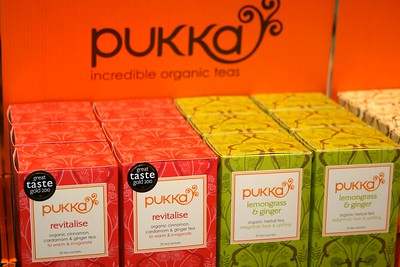
- Company profile for Pukka Herbs
- Company profile for Unilever
- Oatly (10% Blackstone)
In 2020, Oatly prompted boycott calls after welcoming investment from the private equity firm Blackstone. We wrote about this at the time and reviewed their ethical rating score.
Blackstone’s CEO and co-founder Stephen A. Schwarzman donated $3.7 million dollars towards Trump’s 2020 re-election campaign, propping up his Wall-Street donations. Schwatzman’s donations single-handedly accounted for three-quarters of the contributions from individuals linked to the 31 major banks and investment firms in the US, over an 18 month period.
Blackstone has also been accused of facilitating Amazon deforestation through its stake in Hidrovias do Brasil. Hidrovias is said to be allowing the export of illegal timber through its shipping terminals, and to have been involved in the development of a road through the forest, enabling easier transportation of clear-cut timber and violating Indigenous rights.
The $200 million investment in Oatly represents a 10% share in the company. However, Blackstone is a passive investor – meaning it has no management control over the brand.
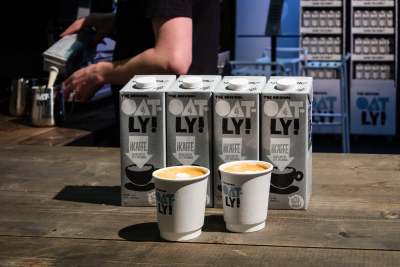
Alpro (Groupe Danone)
Alpro may specialise in plant-based milks and yoghurts, but its owner Groupe Danone is far from ethical when it comes to human or animal rights.
Danone is the number one retailer of fresh dairy products globally, through its brands: Danone, Oykos, Activia, Danonino, Silk and Actimel. It has a 26% share of the global fresh dairy products market. The company continues to use factory-farmed animal products, linking it not only to animal rights but also climate issues. According to its most recent position paper on animal testing, it also conducts tests on animals.
Danone faces a global campaign over its unsafe marketing of baby milk formula. According to Baby Milk Action, the company targets health workers and sponsors health worker events and charities, violating international baby milk marketing standards. The World Health Organisation has provided guidance prohibiting the aggressive marketing of formula since 1981, over fears that it was undermining the importance of breastfeeding and risking the health and lives of babies and children.
Danone also owns the Provamel, Soya Soleil and Silk brands, which offer vegan products.
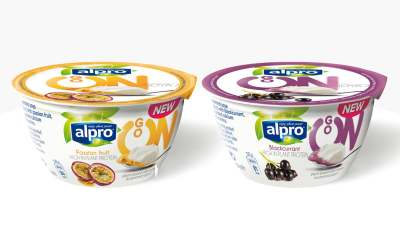
Ecover and Method (SC Johnson)
Ethical brands Ecover and Method face an ongoing boycott call after they were bought out by SC Johnson in 2017, over the parent company’s links to animal testing.
Ecover and Method are both cruelty-free. But SC Johnson openly admits to testing on animals. The company owns other non-cruelty-free brands including Duck, Shout, Glade, Pledge and Windex. Caroline Ruane from Naturewatch Foundation, which is behind the boycott call, said: “It’s hugely disappointing to compassionate shoppers when favourite brands compromise their cruelty-free credentials by selling out to multinationals that continue to benefit from animal testing.”
In response to the boycott, Ecover and Method have committed to using their influence to convince SC Johnson to stop animal testing.
Ecover and Method’s ethiscores have also significantly fallen from 11.5 and 12 respectively to just 5.5 due to the takeover. SC Johnson receives Ethical Consumer’s worst rating for likely use of tax avoidance, environmental reporting, carbon management and reporting, pollution & toxics and supply chain management, as well as animal testing.
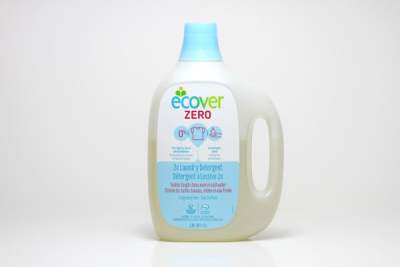
Innocent smoothies (90% Coca-Cola)
Innocent makes much of its ethical credentials, but the brand is 90% owned by Coca-Cola. The soft drink giant has been accused of everything from being complicit in violence against union members to contributing to a water crisis in El Salvador. The company is also the world’s largest plastic polluter.
In the early 2000s, Coca-Cola faced extended lawsuits from the Colombian food and drink union Sinaltrinal, alongside its Colombian bottling partners. The suit alleged that the bottling company had directed paramilitary security forces who murdered, tortured and unlawfully detained trade union leaders. Coca-Cola was never convicted.
In more recent years, its subsidiaries in Indonesia, Dominican Republic and the Philippineshave all been accused of workers’ right abuses, including anti-union violations.
The company has also repeatedly been criticised for siphoning off vital water supplies in regions facing water shortages. The local Coca-Cola bottling company has been accused of being one of the “biggest industrial water guzzlers and alleged polluters” in El Salvador’s region of Nejapa. According to one study, the country will run out of water within 80 years unless radical action is taken.
Coca-Cola also owns Costa Coffee, as well as a number of other soft drinks brands such as Fanta, Sprite, Monster Energy, and Appletiser.

KVD Vegan Beauty (LVMH)
In January 2020, KVD Vegan Beauty was bought out by LVMH Moët Hennessy Louis Vuitton SA.
Although the brand itself is vegan, its new owner has been widely criticised for its use of fur, silk and leather.
In 2016, a PETA investigation found that crocodiles, killed for their skins used in LVMH handbags and luxury items, were being kept in cruel conditions in Vietnam. The animal rights organisation described confined, dirty conditions, and inhumane slaughter and skinning techniques. In 2019, after extended consumer pressure, LVMH published a ‘responsible farming’ standard for its crocodile skin suppliers. However, PETA dismissed the policy as inadequate.
KVD is cruelty-free. However, LVMH receives Ethical Consumer’s worst rating on animal testing.

Lily’s Kitchen
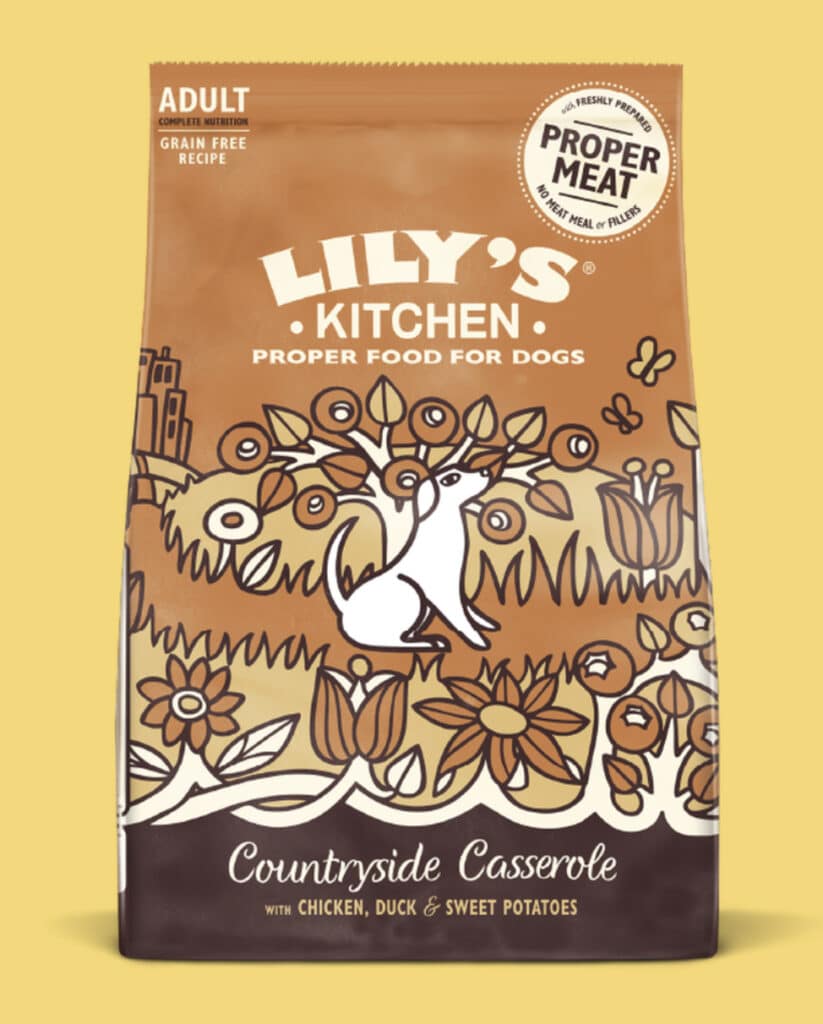
Lily’s Kitchen is a certified B-Corp, meaning that it is legally required to balance profitability with impact. The brand makes cat and dog food and also has an organic range.
In April 2020, it was bought out by Nestlé, causing its Ethical Consumer rating to drop by a huge 12 points.
Nestlé is one of the most boycotted brands in the UK, over its unethical marketing of baby milk. The International Baby Food Action Network has previously found Nestlé to be responsible for more violations of the World Health Organisation’s marketing requirements for baby foods than any other company. The WHO’s marketing requirements were introduced after it was found that aggressive marketing of formula milk was undermining breastfeeding, thereby endangering infants and babies.
Linda McCartney (Hain Celestial)
Linda McCartney is a pioneer of vegan and vegetarian products, but its owner Hain Celestial, sells poultry and other meat-based products. The company appears to use factory-farmed meat across a wide range of products.
Hain Celestial also scores worst in a number of our ratings, including Climate Change, Environmental Reporting, Supply Chain Management and likely use of Environmental Reporting. Despite having a turnover of more than £1billion, the company is yet to report on its emissions or set a target for emissions reductions in line with International Targets.
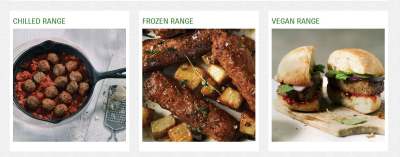
Octopus Energy (20% Origin Energy)
Octopus Energy offers renewable energy tariffs, and is part owned by the largest investor of solar power in Europe. However, the company is also 20% owned by Origin Energy, a major fossil fuel company.
Origin Energy is the largest owner of natural gas-fired power stations in Australia, and continues to produce energy from coal, one of the most carbon intensive energy sources. Origin has received repeated criticism over controversial fracking projects.
In October 2020, the chairman of the company dismissed complaints from Indigenous elders regarding its exploration in the Beetaloo Basin, Australia. Elders claim that some traditional land owners have not been adequately heard, calling for negotiations over land rights to be paused. According to Renew Economy, the project could “single-handedly blow through Australia’s emissions reduction targets.”
In January 2021, The Guardian also reported that Origin had applied for permission to explore the Kati Thanda-Lake Eyre basin in Queensland, Australia, the previous July. The region is part of one of the world’s biggest free-flowing river systems. An independent report commissioned in 2019 by the Queensland government called for a ban on unconventional gas exploration in the area. Octopus Energy told us in May 2021: “Origin has indefinitely suspended all fracking-related exploratory activities.”

further information can be found at https://www.ethicalconsumer.org/
PLEASE SUPPORT US FOR JUST £2 A MONTH

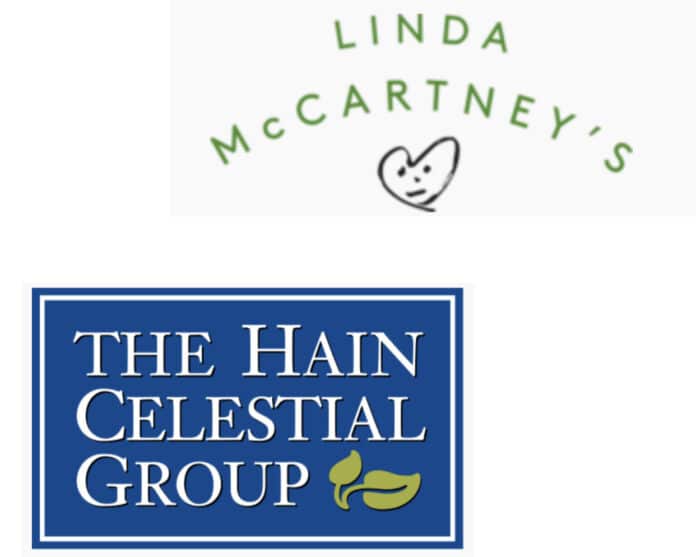






[…] back in 2016, Mondelez was in hot water for buying palm oil from the secretive palm oil trading company Ola…. This company was linked to deforestation in Southeast Asia and […]